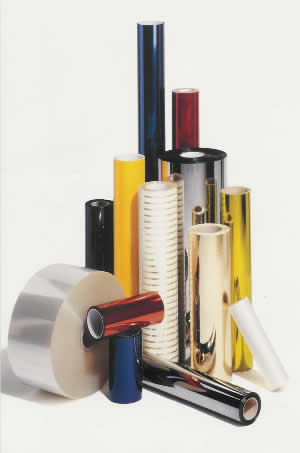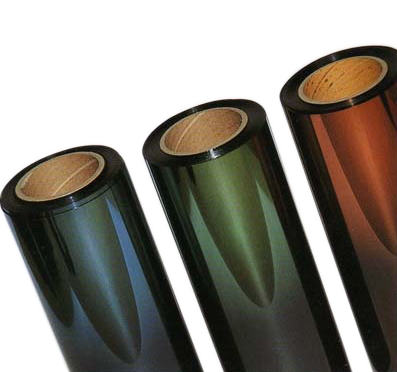Sun Control Window Films are thin laminates of film that can be installed on float, annealed, laminated, heat-strengthened, tempered and chemically strengthened glass but are not ideally suited for low-emissivity, electrically heatable, self-cleaning, insulating and evacuated glazing systems. Sun control window films are installed either on the interior or exterior surfaces of single pane glass, and if happens to be a double paned glazed system, some level of caution should be followed to ensure certain criteria are met prior to installing a high performance film.
Most modern commercial buildings have some kind of sun controlling property on their glass panes to reduce the amount of thermal heat entering their buildings. Sun control or energy saving films are the most cost effective and durable way to achieve this, as they cut out a lot of the infrared heat and uv rays that enter through a glazing system. Window films are are made from polyethylene terephthalate (PET), a thermoplastic polymer resin which derives from the polyester family, PET material offers superior clarity, excellent tensile strength, cross ply and cross dimensional stability, and has the ability to accept a variety of surface treatments which can be applied or embedded into the film. The material is durable and can last well into 15 or in some cases 20 years if cared for properly.
Window films or energy saving films are usually categorised by their base materials and compounds which go in to their manufacturing process, these are generalized as dyed, pigmented, metalized, sputtered, ceramic, nano, deposited, hybrid and now anti-melanin skincare films. Window films can reject a very high percentage of destructive Ultraviolet (UV) rays and a fairly large spectrum of Infrared (IR) rays as well.
Window films are manufactured in four general standards which again come under four prime categories, that being architectural, marine, auto, and safety and also by its intended final use or technical performance, which might be for solar control or energy saving, safety and security, privacy and decorative purposes. Though window films are best used on glass, it can be applied to stable and fairly thick sheets of polycarbonate as well, contrary to what many say but with a much lower life span owing to variations that may occur in polycarbonates owing to its flexibility.
Window films are best installed by professional window film installers and companies that deal in the products though there are D.I.Y. kits available for the hobbyist and the all rounder handyman who would like to have a go. Do give us a call, let us help you select the best energy saving film option for your building project.




